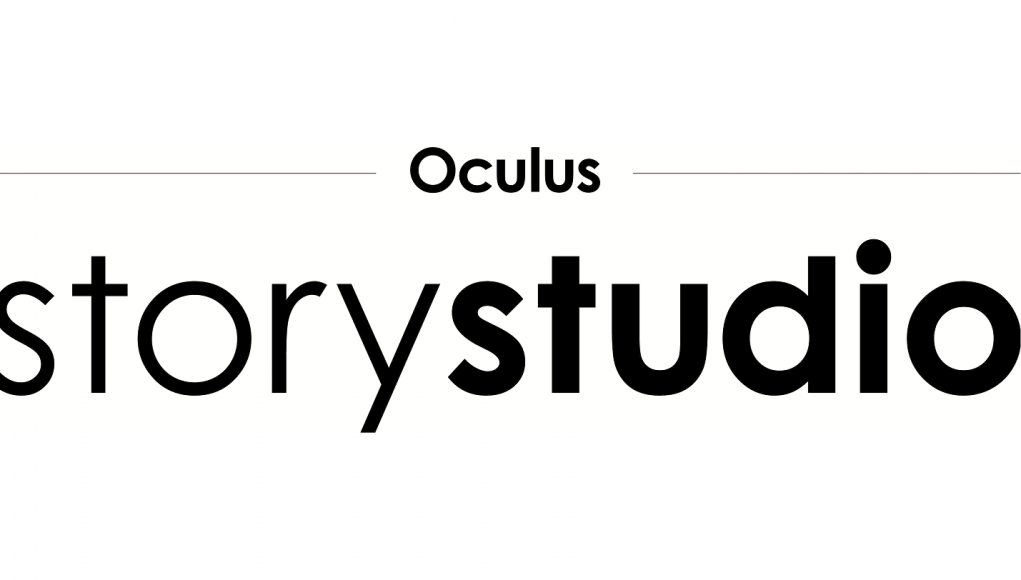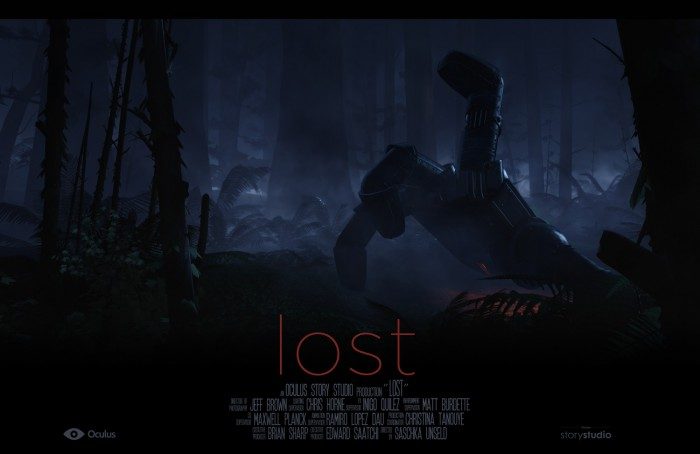In the early days, it appeared that Oculus was taking a hardware and platform approach—’if you build it, [content creators] will come.’ But now with some 250 employees and the backing of Facebook, Oculus has begun working on first-party games, and is now experimenting with cinematic VR experiences in a newly revealed internal ‘Story Studio’ group. The first glimpse of the studio’s work, Lost, a CG VR short film, will be shown at this week’s Sundance Film Festival.
Oculus CEO Brendan Iribe told me that while the company is “absolutely still all about games,” Story Studio, based in SF away from the core Oculus group, came about as a necessary touchstone for interfacing with cinema creatives.
“When we started to show people [the Oculus Rift] in Hollywood, their question was ‘how do we get started?’… We said ‘you pick up these gaming tools like Unity or Unreal and you start making something’ but that’s not natural for [cinema creatives],” he said.
So about a year ago the company started looking for people to form a small internal team to explore real-time CG cinema in virtual reality.
“It took us four or five months just to find the first two or three guys to lead the project. They started building the team… it’s a little less than a dozen members so far,” Iribe said.
Saschka Unseld, former Director and Layout Artist at Pixar, is the Creative Director of Story Studio. From our digging we found that the studio involves at least four other former Pixar employees: Maxwell Planck, Technical Director, former Global Technology Supervisor at Pixar; Inigo Quilez, Visual Effects Supervisor, former Technical Director at Pixar; Deputy CG Supervisor Chris Horne, former Technical Director at Pixar; and Animation Supervisor Ramiro Lopez Dau, former Animator at Pixar.
Iribe praised the work that’s been done on live-action VR up to this point, but said that the lack of pioneers working with real-time CG cinema experiences partly prompted the formation of Story Studio.
“Right now the focus is to support and inspire the community—share with them everything we’re doing, opening it all up,” said Iribe. “Over the next two months, we’re hoping to educate the community on how we did this and how we got started. We still have a ways to go before people are making longer film experiences.”
The public’s first glimpse of Story Studio’s work will be Lost, a real-time CG VR short film, debuting this evening at the Sundance Film Festival. The company isn’t talking about what Lost is all about just yet, but has said that it’s an experience of some four minutes, depending upon how the user interacts with the film.
See Also: DreamWorks Reveals Glimpse of 360 Degree ‘Super Cinema’ Rendering for VR Films (video)
“What [Story Studio was] able to create in a short period of time turned out to be really neat and compelling,” Iribe told me. “They really worked in earnest over the last 6 months to find out how to make this work.”
Iribe said that the company would show Lost on the latest Rift Crescent Bay prototype at future events like GDC. He also mentioned that Story Studio has multiple projects in the works and that “[Oculus plans] to make all of this available on the Oculus Rift CV1.”
As the world of real-time CG VR cinema evolves (and becomes an ever increasing mouthful), Iribe posits a melding of cinema and game experiences.
“This is cinema running in a game engine in real time. We see games focusing on core game mechanics and at different times having these cinematic experiences in them. For Oculus it’s all about running in real-time in VR and delivering a really comfortable experience.”









